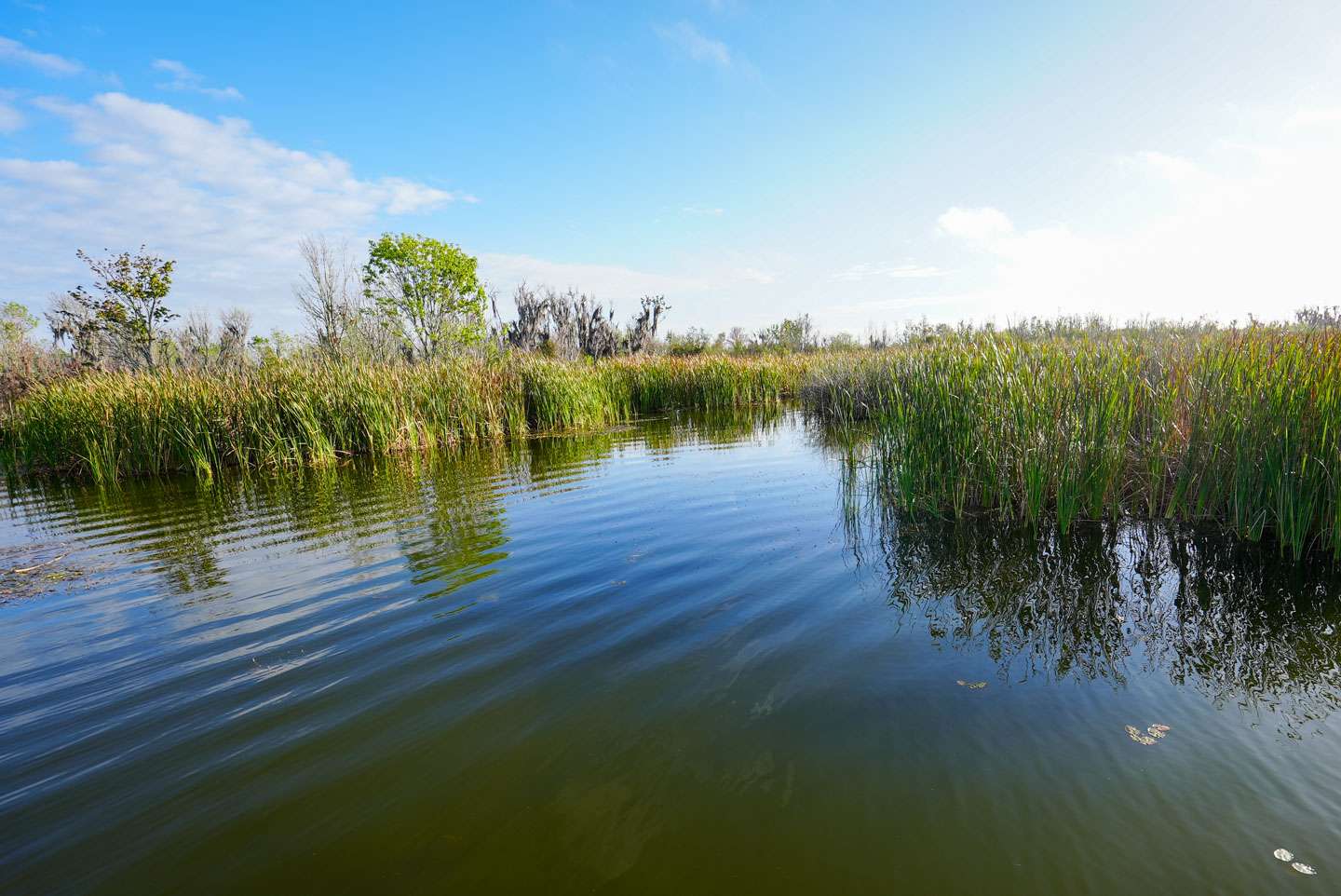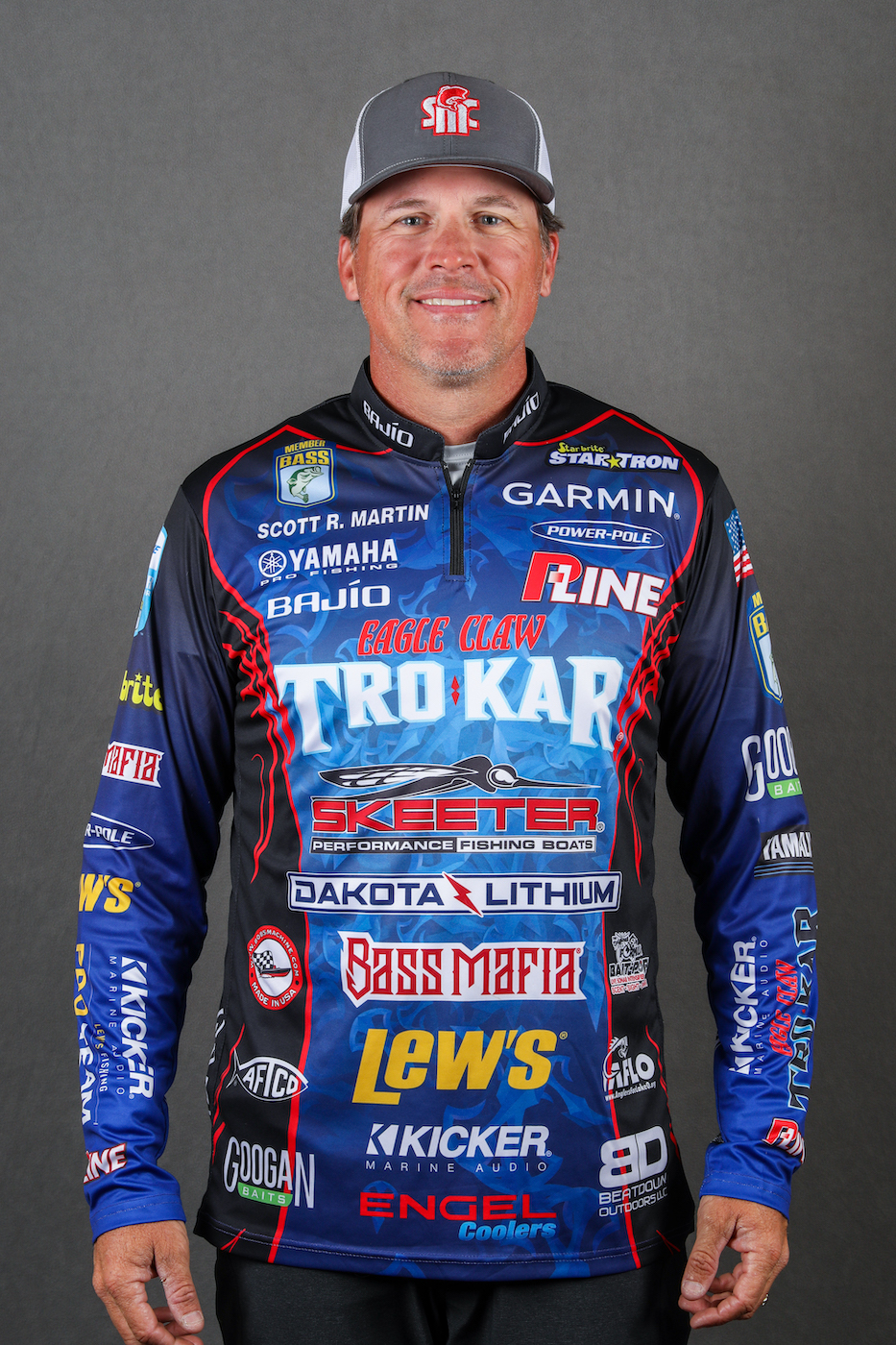
We recently saw the news that St. Johns River Water Management District received a permit from the Florida Fish and Wildlife Conservation Commission to “control” 30,000 acres of hydrilla in Lake Apopka. That’s very concerning, because the importance of submersed aquatic vegetation — even invasive species like hydrilla — cannot be overstated.
When you have submersed vegetation in a fishery, it does several things: It provides a lot of oxygen, it cleans the water by filtering various pollutants and it provides a home for the whole food chain, from zooplankton to grass shrimp. The bluegill and shad feed on those things, so that provides bass forage.
The grass is also a fantastic place for the fry to hide and grow. Small baby bass, crappie and bluegill spend their early months in this cover. Not only that, but ducks and other waterfowl rely on submersed aquatic vegetation for their food source.
Bottom line, a healthy amount of grass is critical to maintaining a productive lake.
All of these benefits are helpful, but I think water filtration is most important. With stormwater runoff and chemicals from thousands of beautifully landscaped yards, we have pollution throughout our waterways. Submersed vegetation takes those pollutants out of the water, it cleans the lake and it makes it healthier — that’s proven fact.
We, as bass anglers, must get involved and make our opinions known when state agencies are discussing hydrilla treatment because that often means herbicides. Even though hydrilla is not native to Florida, on some lakes, like Apopka, I believe hydrilla can be a good option.
Lake Apopka was once one of Florida’s most polluted lakes, but better water management practices and the expanded hydrilla growth has finally gotten this lake clean enough to support some of the state’s most spectacular bass fishing.
Killing large areas of hydrilla in a lake like Apopka would have an immediate and long-term negative impact on a lake that only recently has rebounded from years of poor water quality. It would absolutely set it back five years or longer.
An area of 30,000 acres is a large area of the lake. Where do those chemicals go? They’re going to be left on the lake bottom; they’re going to get pushed out into other bodies of water.
That is not good.
We finally made some headway, and we finally have a blip of hope with a fishery that’s turning into something. We have people excited and our state wants to bring tourists to Florida to bass fish, but yet we keep destroying one of the most important things we could have in any of our waters, which is grass.
It doesn’t make any sense. We fishermen need to stand up and say, “No, that should never happen. That’s ridiculous.”
In fairness, there are scenarios when aquatic plant eradication in a small degree may be reasonable. It should be an area that requires immediate help for navigational access and mechanical harvesting is not feasible. And it should not be done in popular spawning or wildlife feeding areas.
But with that said, we have to consider the very real problems we’re facing with water quality throughout the state. With the damage tropical storms are doing, the damage high water is doing, I think hydrilla should be on the table in certain lakes.
This applies to Lake Apopka, parts of the Kissimmee Chain and, in particular, my home waters of Lake Okeechobee. There are no homes on this lake, there’s no water skiing, so there’s no conflict with different user groups.
Lake Okeechobee should be let loose with hydrilla, and the lake should be managed at a level that allows grass to grow. It would filter trillions of gallons of water a day for free.
We have something unique on Lake Okeechobee we call wind tide. Because of the size of the lake, winds of 10 mph or more will push water across the lake. If we had more hydrilla, water would move in and out of the vegetation and it could do wonders.
For this and all of our state’s waters, bass anglers need to send letters and emails to their state representatives and tell them to stop spraying grass and start planting the filtering aquatic vegetation.
You can also join me in Anglers For Lake Okeechobee, which is a group I started with the objective of fighting for water systems around the state to make sure we get our grass back.





